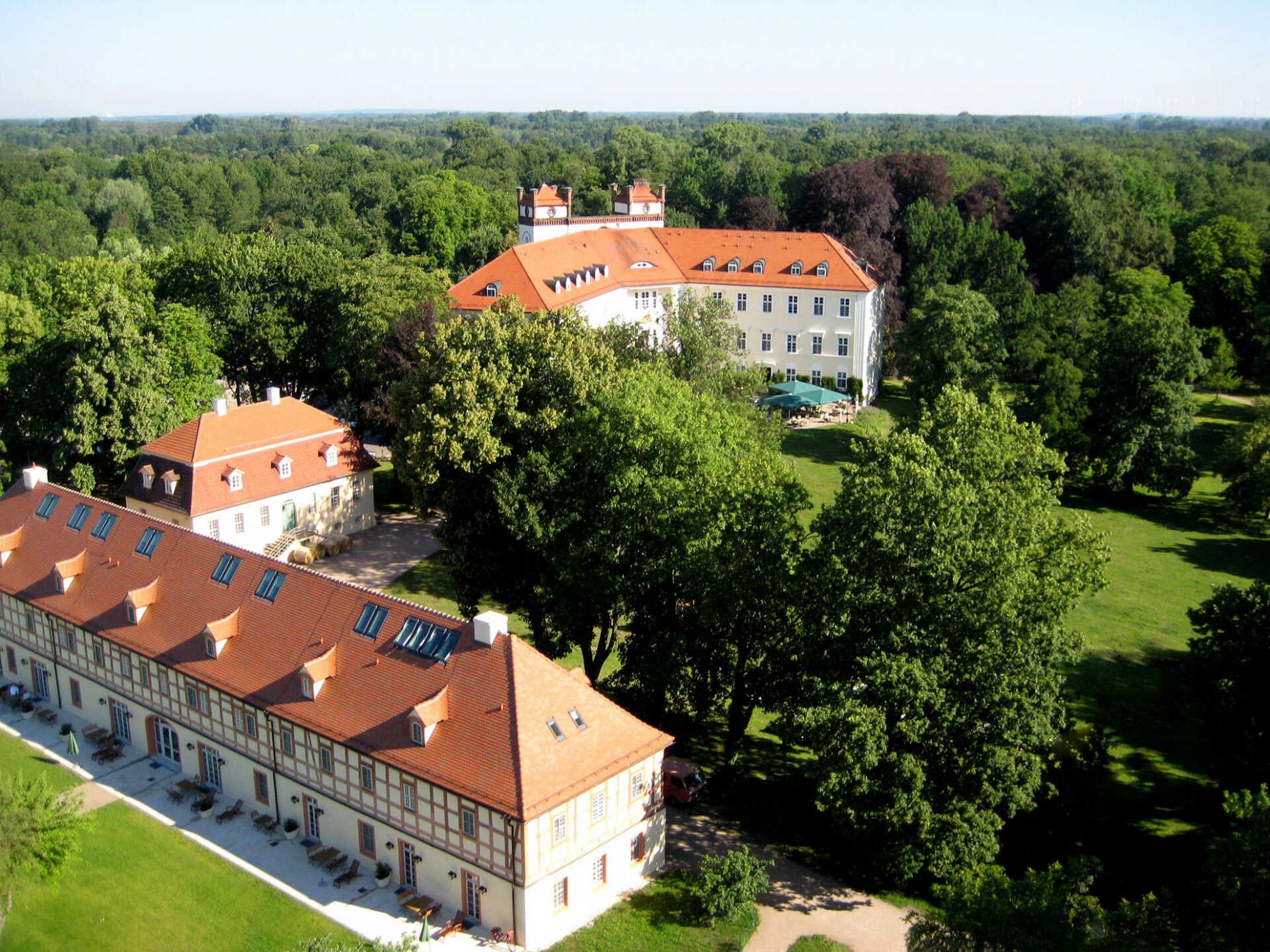In recent years, the debate on the ethical implications of advances in neuroscience and neurotechnology has resonated widely not only in academia but also at the political level of governmental and intergovernmental organizations. Various governance proposals have been made in order to ensure the responsible development of neurotechnologies, promote fair access to them and prevent their misuse. Among these approaches, the most foundational one is that of the so-called ‘neurorights’, i.e. the fundamental human rights linked to the sphere of the human brain and mind. From the perspective of neurorights, the human brain and the cognitive and affective processes it enables, represents a domain of fundamental ethical-normative salience. Therefore, it must be protected through regulatory reforms concerning either the evolutionary reinterpretation of existing rights or the introduction of new rights. Among the rights that have been proposed are the right to cognitive liberty, mental privacy, mental integrity and psychological continuity. The neurorights approach serves to identify certain unauthorized forms of intrusion into a person’s brain function (especially if they result in damage to the cognitive, affective or behavioral sphere) and banish or limit them as violations of the aforementioned rights. International organizations such as the UN, UNESCO, the Council of Europe, the OECD as well as national parliaments such as that of Chile are working on the advancement of neurorights through various forms of regulatory instruments. This presentation will provide an overview of the ethics and policy challenges of neurotechnologies from a neurorights perspective, inform the audience about ongoing regulatory efforts by governmental and intergovernmental agencies, and propose a novel interdisciplinary approach to the assessment of ethical considerations in neuroscience called “experimental neuroethics”.
Dr. Marcello Ienca is a Principal Investigator at the College of Humanities at EPFL where he leads the ERA-NET funded Intelligent Systems Ethics research unit. He is also an affiliate member of the Health Ethics and Policy unit, Department of Health Sciences and Technology, and an ordinary member of the Competence for Rehabilitation Engineering & Science at ETH Zurich, Switzerland.
Dr. Ienca’s scholarship focuses on the ethical, legal, social and policy implications of emerging technologies. In particular, he investigates the broader implications of new (and often converging) sociotechnical trends such as Artificial Intelligence (AI), big data, digital epidemiology, robotics, assisted living, digital health, social media, dual use, and neurotechnology. He and his team use both theoretical and empirical methods to explore the requirements for responsible innovation, ethically-aligned technology design, user-centred design, and human-centered technology assessment.
Dr. Ienca is actively involved in science and technology policy within international organizations and professional societies. In particular, he is an appointed member of the Organisation for Economic Co-operation and Development’s (OECD) Steering Committee on Neurotechnology and the representative of the Swiss Delegation (appointed by the Swiss State Secretariat for Education, Research and Innovation, SERI). He has also been invited to serve as an expert advisor to the Council of Europe’s Ad Hoc Committee on Artificial Intelligence and the Bioethics Committee. Dr. Ienca has written reports for the OECD, the Council of Europe, and the European Parliament’s Panel for the Future of Science and Technology. He is a Member of the Board of Directors of the Italian Neuroethics Society (SINe), a former Board Member and current member of the Nominating Committee of the International Neuroethics Society (INS). Ienca is a member of the Editorial Board of several academic journals such as Neuroethics, Bioethica Forum, Frontiers in Neuroergonomics and Frontiers in Genetics.
Ienca has received several awards for social responsibility in science and technology such as the Vontobel Award for Ageing Research (Switzerland), the Prize Pato de Carvalho (Portugal), the Sonia Lupien Award (Canada), the Paul Schotsmans Prize from the European Association of Centres of Medical Ethics (EACME) and the Data Privacy Plaque of Honour, awarded by the Italian Data Protection Authority. He has authored one monograph, several edited volumes, 60 scientific articles in peer-review journals, several book chapters and is a frequent contributor to Scientific American. His research was featured in academic journals such as Neuron, Nature Biotechnology, Nature Machine Intelligence, Nature Medicine and media outlets such as Nature, The New Yorker, The Guardian, The Times, Die Welt, The Independent, the Financial Times and others.
Furthermore, Dr. Ienca strongly supports open science, outreach and public engagement. He is committed to a holistic view of research that is not restricted to academia alone but involves an open approach to science communication, outreach and public engagement. Among other things, he is an open-science and open-data enthusiast and a human rights activist. He believes that there can be no ethical technological innovation without global justice.







